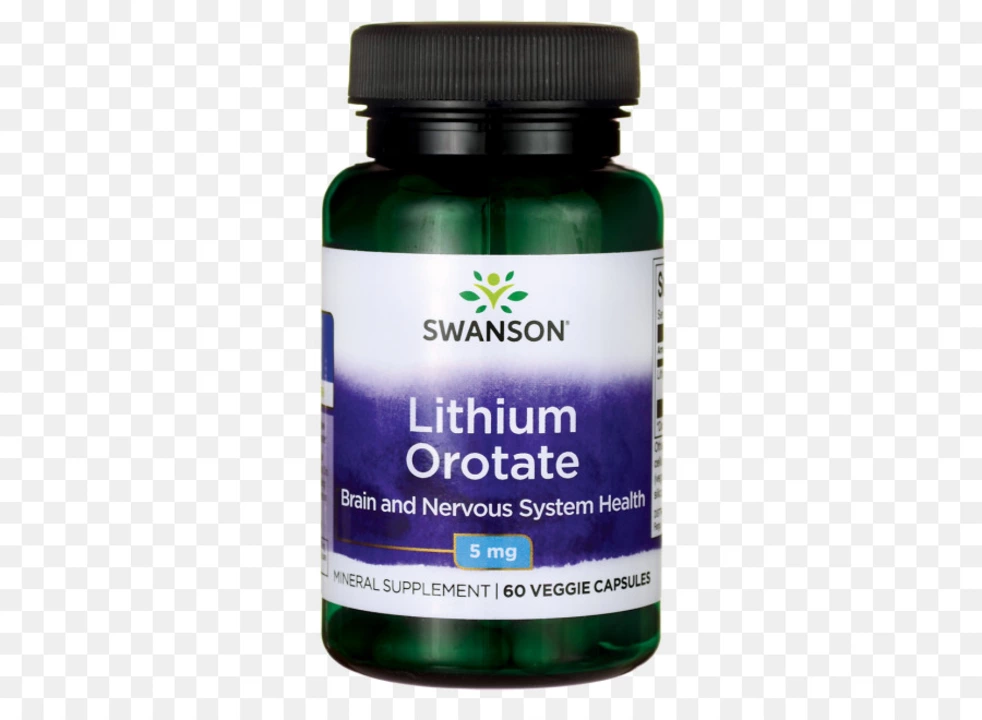Introduction to Eastern Red Cedar
As a holistic health enthusiast, I am always on the lookout for natural remedies and supplements that can improve my overall well-being. One such amazing discovery I made recently is the Eastern Red Cedar, a tree native to North America. Its leaves, bark, and berries offer a plethora of health benefits, which is why I consider it the ultimate dietary supplement for holistic health and wellness. In this article, I will explore the various aspects of this miraculous tree and how it can benefit us in our journey towards optimal health.
The History and Traditional Uses of Eastern Red Cedar
Eastern Red Cedar, also known as Juniperus virginiana, has a rich history of use by Native American tribes for various medicinal, spiritual, and practical purposes. They used the leaves, bark, and berries to treat a wide range of ailments, including respiratory issues, digestive problems, and skin conditions. The wood of the tree was also used to make arrows, bows, and flutes. Furthermore, the tree was considered sacred and was believed to offer protection against negative energies.
Rich in Antioxidants and Essential Nutrients
One of the main reasons why Eastern Red Cedar is considered a potent dietary supplement is because of its high antioxidant content. Antioxidants are crucial for our body as they help neutralize harmful free radicals and prevent oxidative stress. The leaves and berries of the Eastern Red Cedar are particularly rich in antioxidants, including vitamin C, flavonoids, and polyphenols. Additionally, the tree is a good source of essential nutrients like calcium, magnesium, and potassium, which play a vital role in maintaining our overall health and wellness.
Boosting the Immune System
A strong immune system is essential for maintaining good health and preventing various diseases. The Eastern Red Cedar, with its high antioxidant and nutrient content, provides a natural way to strengthen our immune system. The vitamin C found in the leaves and berries of the tree is particularly beneficial for enhancing our immunity as it helps in the production of white blood cells, which are crucial for fighting off infections and keeping us healthy. Moreover, the antimicrobial properties of the tree help protect us from harmful bacteria, viruses, and fungi.
Improving Respiratory Health
Respiratory issues are common, especially during the cold and flu season. Eastern Red Cedar has been traditionally used to treat a variety of respiratory ailments, and modern research supports its effectiveness in this regard. The tree is known to have expectorant properties, which help in clearing mucus and phlegm from the respiratory tract. Furthermore, its anti-inflammatory action helps in reducing irritation and inflammation in the airways, providing relief from symptoms like cough, congestion, and sore throat.
Promoting Healthy Digestion
A healthy digestive system is vital for our overall health and well-being. Eastern Red Cedar has been used traditionally to treat various digestive issues, such as indigestion, bloating, and stomach cramps. The tree contains compounds that have carminative and antispasmodic properties, which help in relieving digestive discomfort and promoting smooth digestion. Moreover, its anti-inflammatory and antimicrobial actions can help maintain a healthy balance of gut flora, ensuring optimal digestive health.
Beneficial for Skin Health
Eastern Red Cedar is also known for its benefits in promoting healthy and radiant skin. The tree's bark, leaves, and berries are rich in antioxidants and anti-inflammatory compounds that help in reducing skin inflammation, redness, and irritation. Additionally, its antimicrobial properties help in protecting the skin from infections and acne-causing bacteria. Incorporating Eastern Red Cedar into your skincare routine can help you achieve clear, glowing, and youthful-looking skin naturally.
How to Incorporate Eastern Red Cedar into Your Diet
Now that we've explored the amazing health benefits of Eastern Red Cedar, you might be wondering how to incorporate it into your daily routine. The leaves and berries of the tree can be used to make a nourishing tea, which can be consumed daily for optimal health benefits. You can also find Eastern Red Cedar supplements in the form of capsules, tinctures, and essential oils, which can be easily incorporated into your daily wellness regimen. However, it's essential to consult with a healthcare professional before starting any new supplement, especially if you are pregnant, nursing, or have any pre-existing health conditions.
In conclusion, Eastern Red Cedar is a powerful dietary supplement that offers numerous health benefits, making it an excellent addition to your holistic health and wellness routine. Its rich antioxidant content, immune-boosting properties, and positive effects on respiratory, digestive, and skin health make it a valuable natural remedy for promoting overall well-being. So, why not give Eastern Red Cedar a try and experience its incredible benefits for yourself?


Selma Cey
May 17, 2023 AT 08:49Francis Pascoe
May 17, 2023 AT 21:50Richa Shukla
May 19, 2023 AT 04:28Chris Rowe
May 20, 2023 AT 05:03Sushmita S
May 22, 2023 AT 03:45AnneMarie Carroll
May 23, 2023 AT 17:51John K
May 24, 2023 AT 07:56Laura Anderson
May 25, 2023 AT 19:26Avis Gilmer-McAlexander
May 25, 2023 AT 22:52Jerry Erot
May 26, 2023 AT 19:04Fay naf
May 27, 2023 AT 05:16ANTHONY SANCHEZ RAMOS
May 29, 2023 AT 01:02Matt Czyzewski
May 29, 2023 AT 05:26John Schmidt
May 31, 2023 AT 03:23Lucinda Harrowell
May 31, 2023 AT 17:51Joe Rahme
June 1, 2023 AT 00:40